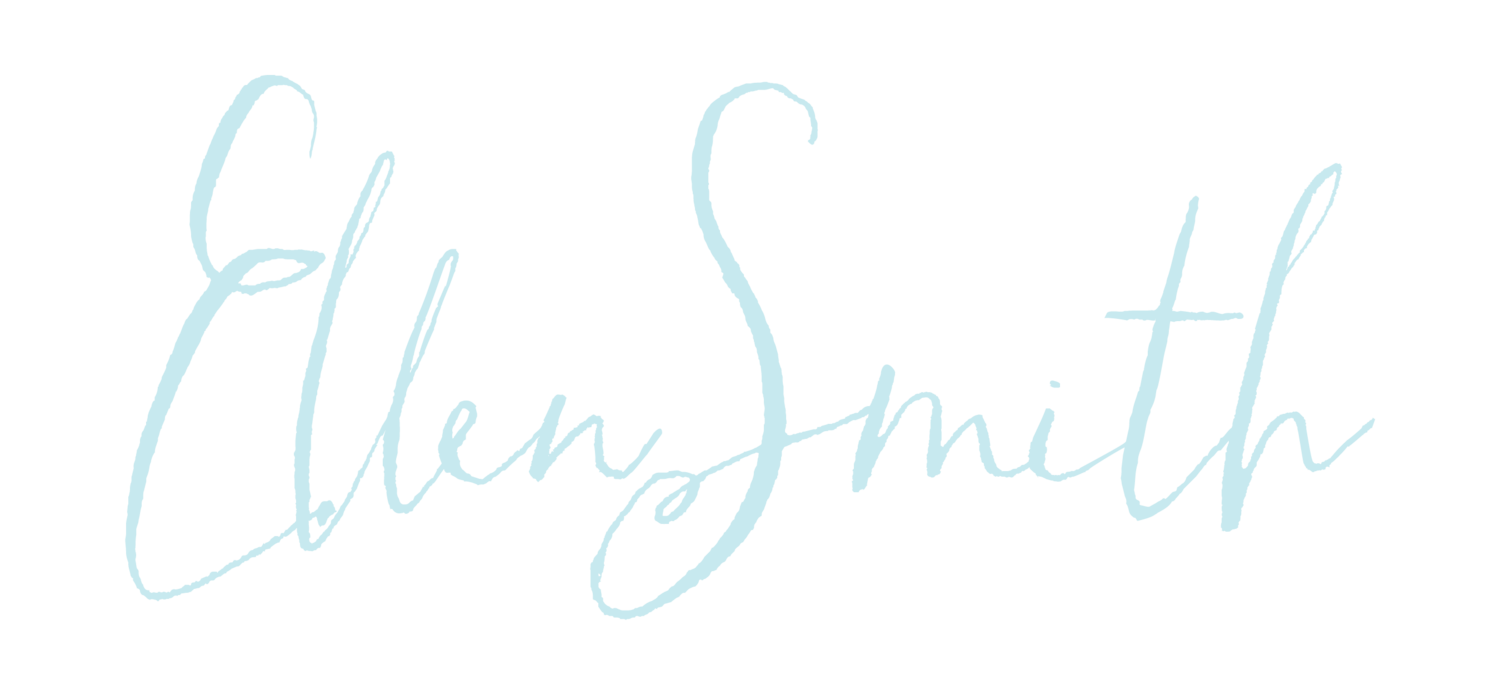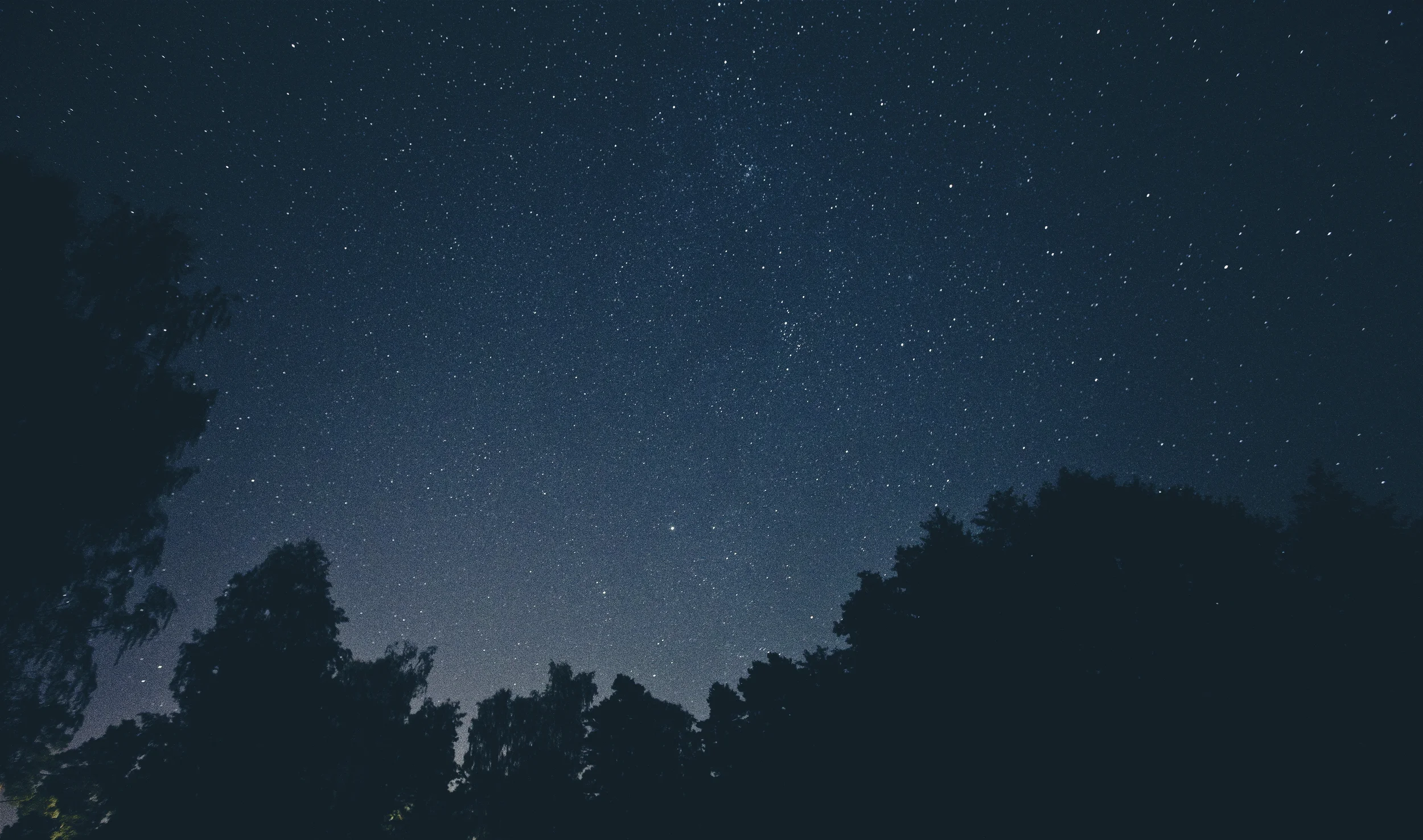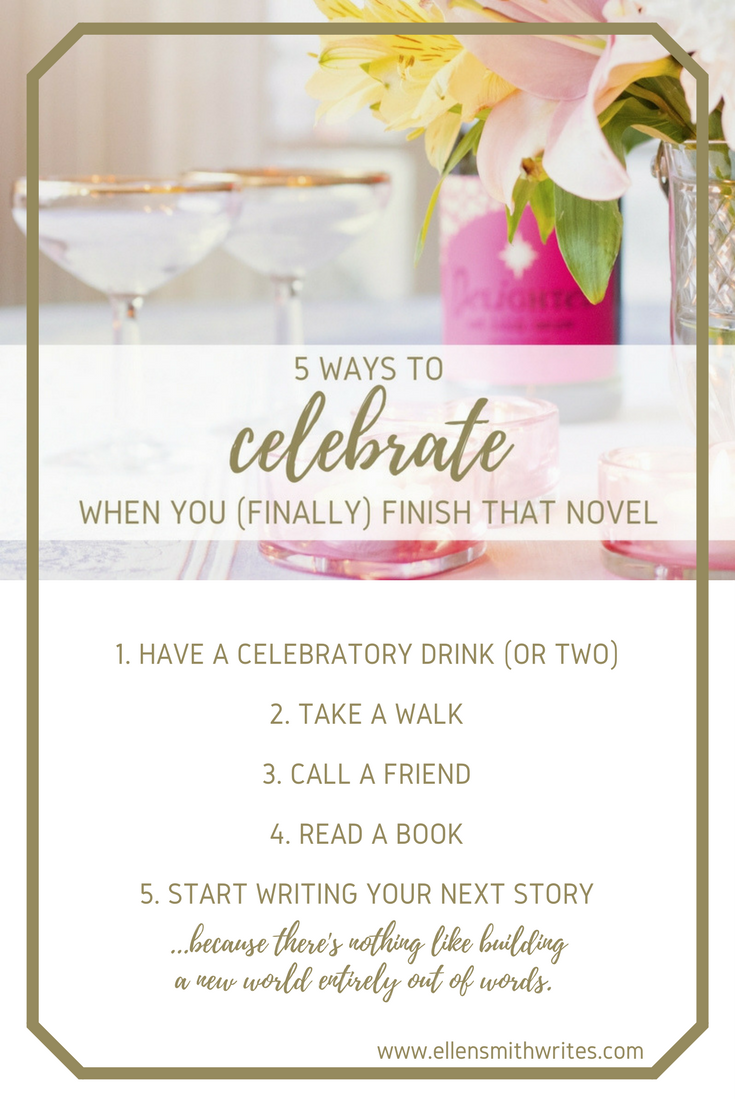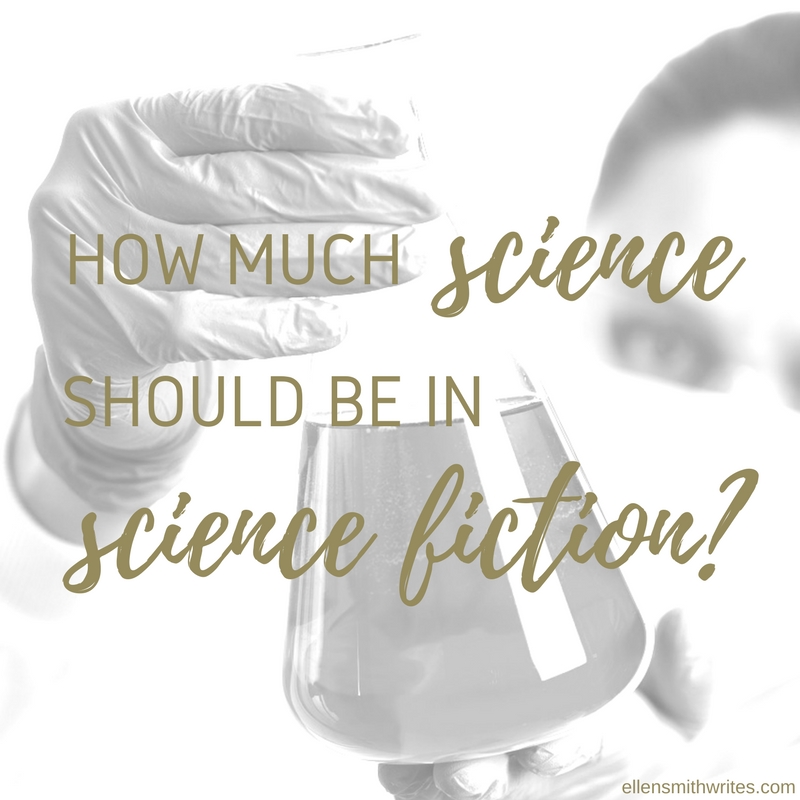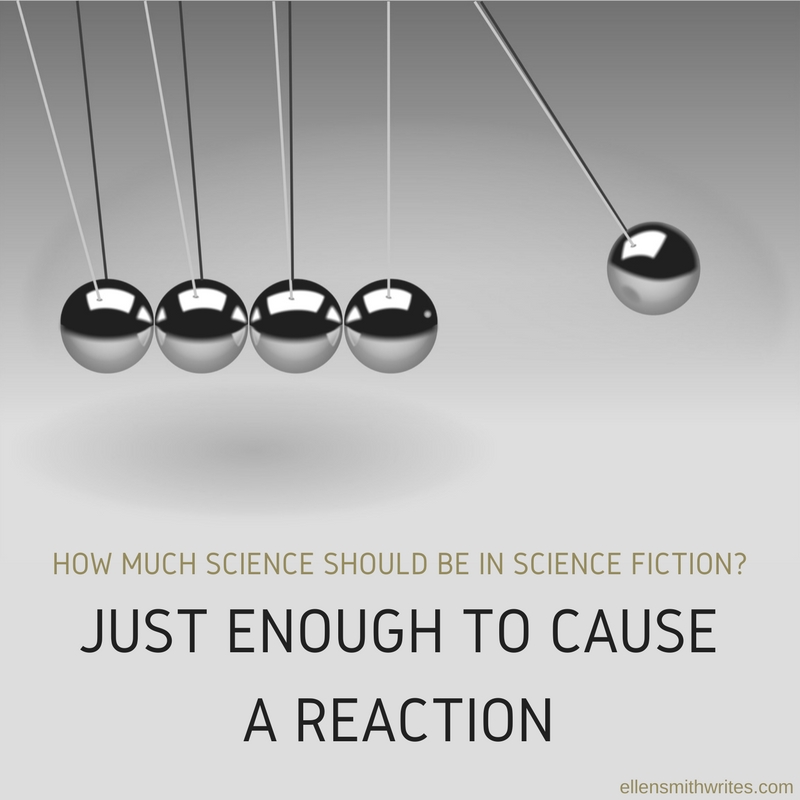It's been a quiet month for me on the blog, but a very, very busy month in my writing life. Most notably: I finished self-editing EVERY LAST MINUTE, the first novel in my Time Wreckers Trilogy.
The finished book is 90,000 words. 90,000 words, y'all. Turns out I had a lot to say.
Anyway, once I finally hit the last page and realized that I had done everything I could to tell this story, I felt an odd sense of loss. This story idea has been churning around in my head for six years. I wrote and edited this book once, put it in a drawer, wrote and published another book, and then came back to this one. I re-mapped it. Made a new outline. Wrote another draft and re-wrote it again. I spent the last few months grueling over some pretty tedious self-editing.
Mara and Will Sterling have lived in my head for a long time. I am so ready to send them out into the world and tell you their story--but letting them go is bittersweet.
However, there are a lot of exciting things ahead! Right now, EVERY LAST MINUTE is out with beta readers (thanks, guys!). Then I'll take their suggestions and make some more modifications before sending it off to a professional editor. I also get to work with the cover designer, send out some copies for early reviews...and maybe even plan a launch party.
Speaking of parties, I strongly believe that those of us in a creative profession deserve to celebrate every step in the process. When I finished prewriting, I posted about my progress in an online writers community. When I finished drafting, for example, I bought myself a pretty scarf I'd been eyeing. Now that I'm done self-editing this behemoth of a manuscript, I picked five (yes, five) little ways to celebrate this moment in my writing life. Here they are:
1. Have a celebratory drink (or two)
It doesn't have to be alcohol (although this is definitely a champagne-worthy moment.) I finished my self-editing at two in the afternoon on a brutally hot summer day, so I fixed myself an ice cream float. Yum.
2. Take a walk
Seriously. Writing and editing involves a lot of time hunched over the keyboard. Get outside for a minute and re-acquaint yourself with the great outdoors. Breathe some fresh air. Remind yourself that your fictional world is pretty cool...but reality isn't so bad, either.
3. Call a friend
You can totally start the conversation with "Guess what? I finally finished editing that book!" But maybe try to follow that up with "Let's get together and hang out." Self-editing is a really intense time--once you come up for air, it's good to make time for your loved ones!
4. Read a book
Before you were a writer, you were a reader. Always make time to reconnect with your first love--books!
5. Start another story
Because you already know that there's nothing like building a new world entirely out of words.
How do you celebrate your creative accomplishments? Let us know in the comments!
